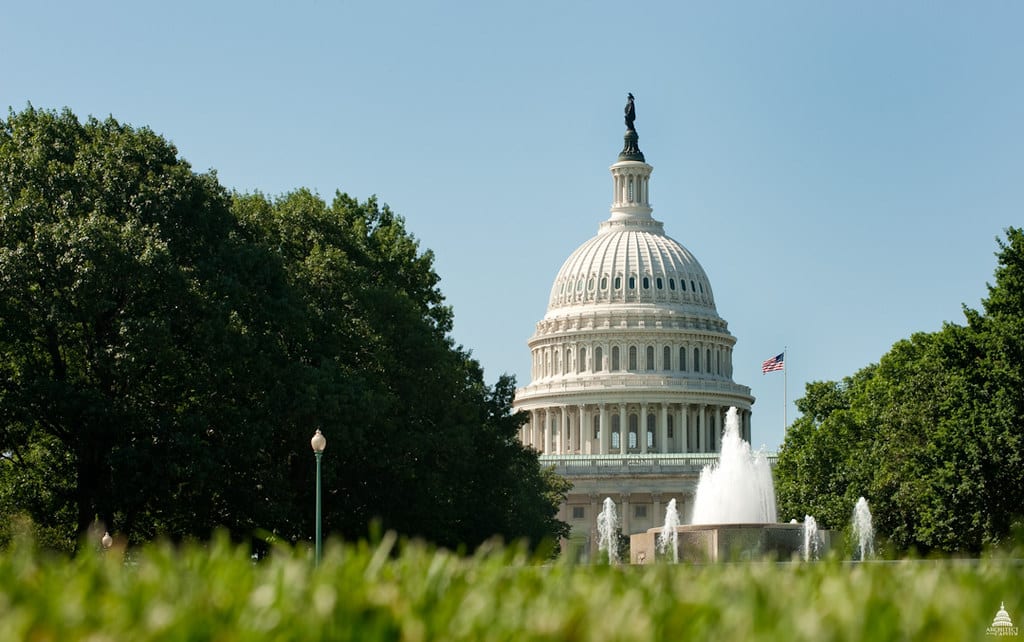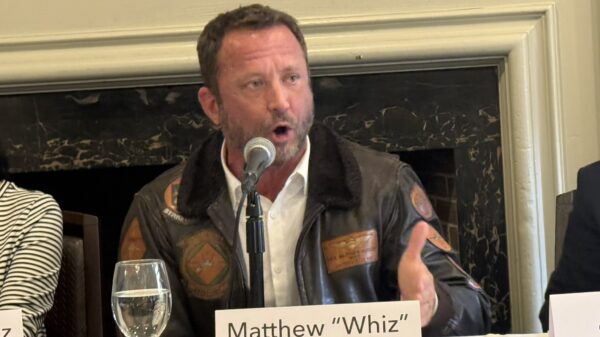A U.S. civil and human rights coalition is urging House leaders to support the Marijuana Opportunity Reinvestment and Expungement (MORE) Act, as a step toward redressing the legacy of the war on drugs.
The Leadership Conference on Civil and Human Rights, an advocacy coalition made up of more than 220 national organizations, expressed its “strong support” for the MORE Act in a letter Friday. The proposed legislation would see cannabis legalized federally and erase most weed-related criminal records.
We strongly support the Marijuana Opportunity Reinvestment and Expungement Act – comprehensive marijuana justice policy that addresses justice reform, racial justice, and equity.
House leadership must bring up this critical legislation for a vote in June: https://t.co/GXIv6ODgx5 pic.twitter.com/uGVUMu8xJP
— The Leadership Conference (@civilrightsorg) June 4, 2021
“Marijuana reform represents a modest but necessary first step toward that transformation and toward repairing the harm wrought by the war on drugs,” reads the letter. “The MORE Act remains the most effective and equitable way forward.”
The Leadership Conference emphasized the growing demand to transform the criminal-legal system amid national dialogue on discriminatory law enforcement practices. It’s noted in the letter that communities of colour are disproportionately policed for drug use, while over-incarceration and racial disparities resulting from cannabis laws remain significant issues in the U.S.
Read more: US cannabis banking likely to come ahead of Senate legalization bill
Read more: Amazon backs U.S. weed laws, sheds employee testing
There are about 600,000 arrests each year because of the weed prohibitions in the U.S., which disproportionally impact communities of colour.
Black people are 3.64 times more likely to be arrested for possessing cannabis than white people, even though studies suggest the usage between the two groups is nearly the same.
The bill would also stop the government from denying someone federal benefits or security clearances needed to get a government job because of smoking weed, whether it was in the past or present. And the tax revenue from cannabis sales would fund social services in communities impacted by the war on drugs, the Leadership conference added.
However, the Leadership Conference argued the bill doesn’t prove equitable relief for everyone to be expunged or resentenced under the MORE Act because it explicitly exempts people who have received “kingpin” sentencing.
“The MORE Act is needed now more than ever before. The bill will strike a blow at mass incarceration by reducing the number of people who are incarcerated, alleviating health challenges posed by Covid-19,” the letter continued.
“The MORE Act represents a historic opportunity to address the decades of harm perpetrated by federal marijuana criminalization on communities of colour and low-income communities. Now is the time for the House to pass the MORE Act once again.”
The MORE Act was reintroduced in the House of Representatives at the end of May.
Follow Kathryn Tindale on Twitter
kathryn@mugglehead.com














